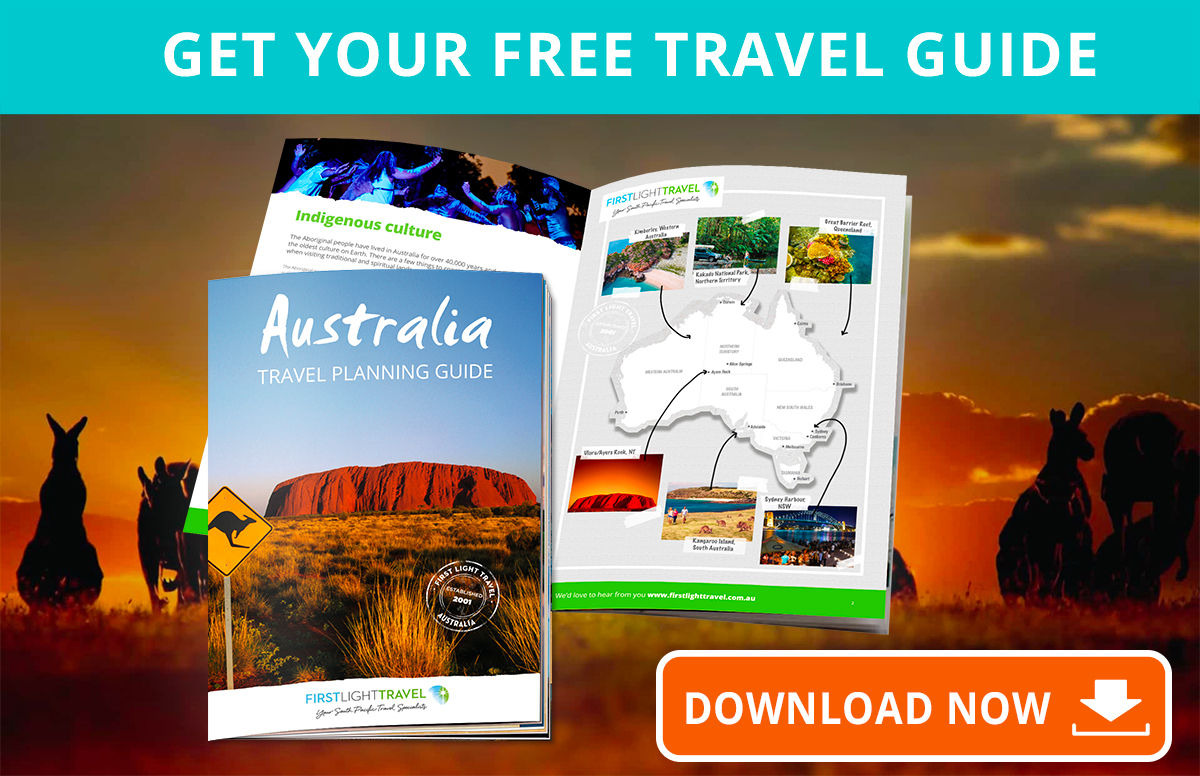Credit Cards & Charge Cards
In short: “use plastic, but make sure it's the right plastic”.
Using a credit card or charge card in Australia is easy - they are widely accepted throughout the country. Those commonly used include American Express, Diners Club, Visa, MasterCard and Bankcard.
Visa and MasterCard are more likely to be accepted by general merchants than American Express or Diners Club. All cards are accepted at major hotels and department stores. Debit cards are not as widely accepted as credit cards, especially in smaller rural communities.
Charges: The general principles of using plastic in foreign countries are relatively the same in Australia. Our research shows that when you use a MasterCard or Visa credit card overseas, the international MasterCard and Visa networks add a conversion fee of 1%, and most banks add their own 2% fee, for a total of 3%.
When you use a debit (ATM) card for cash overseas, your bank adds some combination of a per-withdrawal fee up to $5, and most banks add a conversion fee up to 3%, or maybe both. By contrast, when you use travelers checks or currency you generally lose anywhere from 5% to 10% in various conversion fees and charges.
Please note: This information was compiled with care and the information is provided in good faith. Please contact your own card issuer to see if the information is relevant to you.
Debit Cards
Debit cards are not as widely accepted as credit cards, and there are pros and cons worth considering:
Debit (ATM) cards for cash: Until recently this is the cheapest way to get cash, the only extra charge you paid was a flat fee for each withdrawal from a foreign ATM, regardless of the amount of money you received. Lately, however, some big banks have added a conversion surcharge. This is still considered the most cost-effective way to get cash in Australia.
Acceptability: Debit cards not issued in Australia will be accepted at most banks to withdraw cash with appropriate identification (passport and drivers license) during opening hours. Generally, if your debit card has a Visa, MasterCard, Maestro or Plus logo on it, you can use it in any ATM for cash withdrawal as long as they have a four-digit PIN encoded.
There are plenty of ATMs in Australia. However, debit cards are not as widely accepted as credit cards, especially in smaller rural communities.
The PIN hassle: Australia has embraced major banks switching from the stripe-plus-signature system to a smart chip-plus-PIN system for maintaining credit card security. We have received reports from clients having problems using their non-chip debit cards.
Security bonds: If you use your debit card for your bond when hiring a car in Australia, be warned. Rather than taking an imprint of your debit card, they swipe it and put a freeze on those funds for the duration of your hire. This reduces the funds available to you. However if you use a credit card, they will only take an imprint.
Services Not Available: Some companies have policies that will only allow their goods and services to be purchased by credit card only. This is a way to verify customer's details, such as their age. Most debit cards and especially Visa Debit Cards can be issued to people aged as young as 15, while most credit cards can only be issued to those 18 and over.
Catastrophe!! My Card Doesn’t Work
Your credit or debit card is not working??? Some travellers try to use their card overseas, only to find their bank has stopped it, fearing fraudulent use. The best way to guard against this is to inform your bank if you plan to use your card when you go away.
Credit Card Security in Australia - Is It Safe To Use My Card?
If you take the similar credit card safety precautions in Australia that you would use at home, you should be fine. Australia is a safe country to travel in, but here are some tips for peace of mind:
- Don't let anyone see your PIN number
- Use bank ATMs instead of ATMs in other locations, where possible
- Beware of card skimmers - if an ATM looks like it has been tampered with, avoid it.
- Keep your wallet, purse or handbag safe, especially in airports and crowded tourist locations
- Write down your bank's emergency international telephone number before you leave
Cash, Cheques & Banking
ATM Machines and Banking: Automated Teller Machines (ATMs) are widely available at banks, and along main shopping streets and in malls. International credit cards and ATM cards from major banks will work for cash withdrawal as long as they have a four-digit PIN encoded. Check with your bank before leaving home. Relevant bank charges apply.
Most banks are open from 9.30am to 4.30pm Monday to Friday.
Travellers Cheques: If you intend taking traveler's cheques, get your cheques in Australian dollars for convenience (no issues with exchange rates). They are commonly accepted. In our opinion travellers cheques are more expensive than using your debit card at an Australian ATM.
Cash: Australia's unit of currency is the Australian dollar (AU$). Coins have values of 10, 20 and 50 cents, $1 and $2; notes have values of $5, $10, $20, $50 and $100. Foreign currency can easily be exchanged at banks, some hotels, and Bureaux de Change kiosks, which are found at international airports, most city centres, and at selected travel agents.
Tipping and Service Charges: Tipping in Australia is not required or expected - even in restaurants and bars. However, tipping for extra special service or kindness is at the discretion of the visitor. Hotels and restaurants in Australia do not add service charges to their bills.
And Finally: Key Things To Remember...
- Contact your bank or card provider to let them know you will be in Australia
- Write down your bank's international emergency contact number and take it with you
- Australia is pretty safe, but take the same security precautions that you would in your home country
- If you must exchange cash to take with you, order it a few days in advance to get the best rates
- Where possible, use credit cards for big purchases, car rental & hotel security bonds.
In the end, paying for things in Australia is likely to be a worry-free experience, and you're very unlikely to find yourself stranded in a shop with no way to pay!
For more money-related wisdom, see our guide to how much things cost in Australia
Since 2001 we’ve been helping visitors plan their dream Australian holiday. We aim to make visiting our beautiful land effortless.
Let our expert holiday planners put together an itinerary for you, no obligation FREE of charge, or get some friendly advice on what small group tour would suit - Just follow the link and answer a few brief questions



